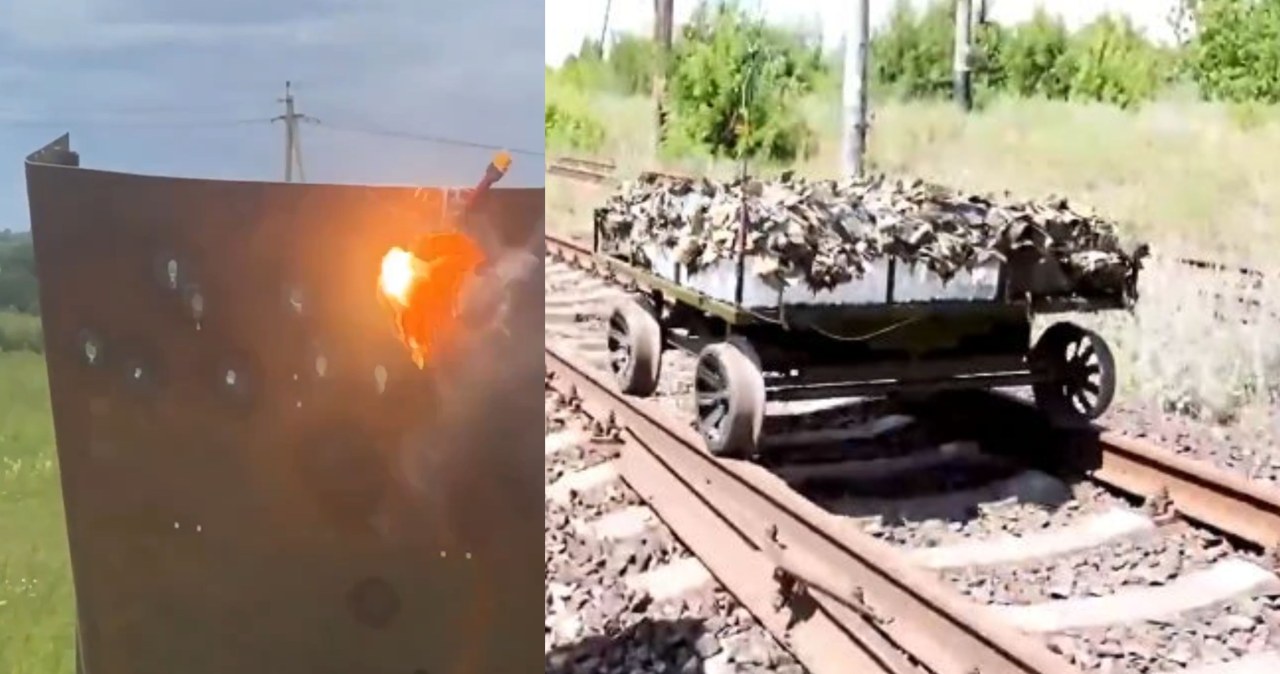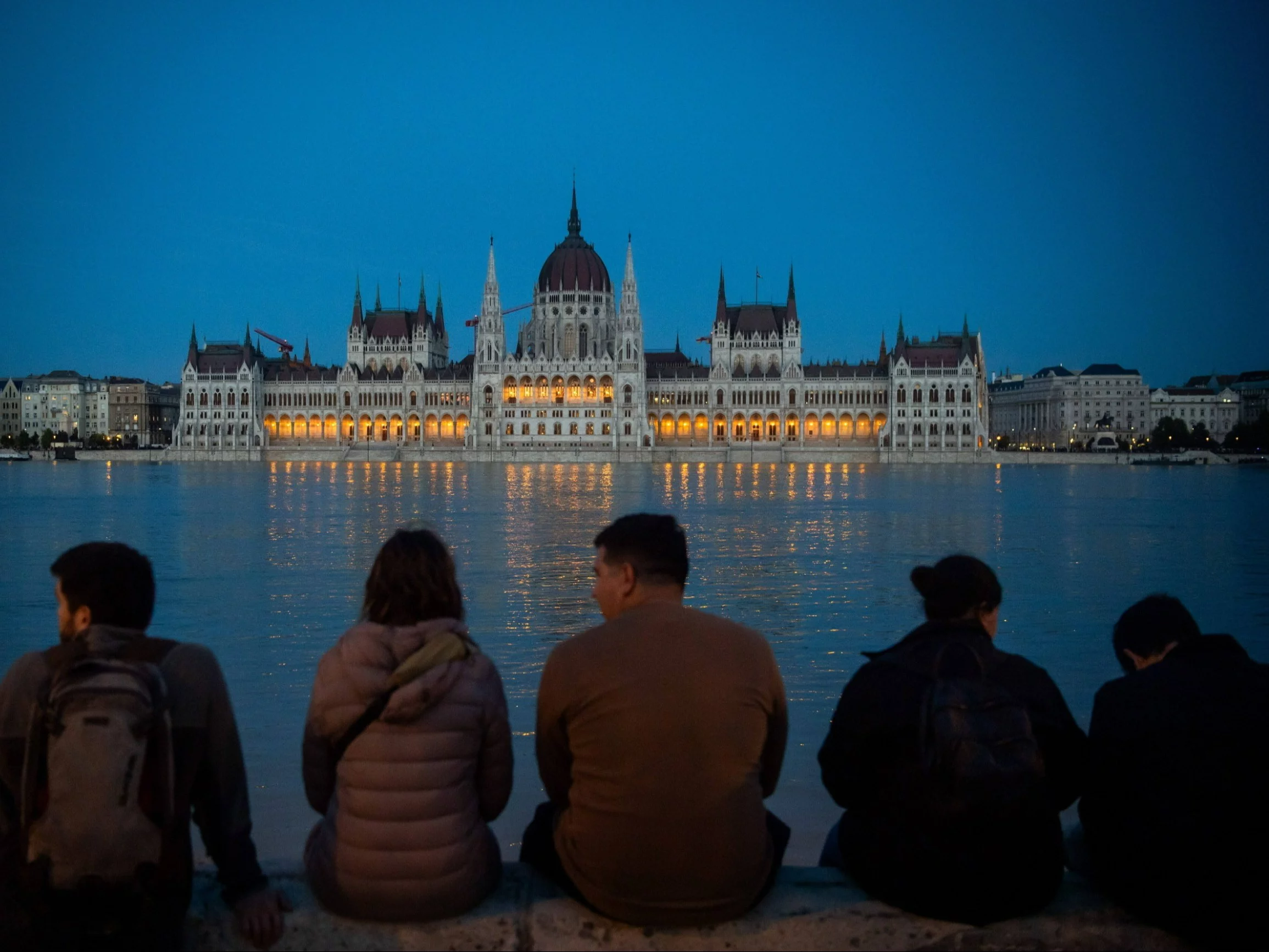On 24 September this year, the first day of the two-day conference “European dimension of improvement and common cooperation between the regions of Poland and Ukraine” organized by the Committee of the Local Management of the Polish Academy of Sciences together with the Institute of Geography of the National Academy of Sciences of Ukraine, under the patronage of the Ministry of Funds and Regional Policy. The conference was divided into 3 sessions, during which invited speakers from Poland and Ukraine gave their lectures. They addressed issues related to sustainable reconstruction of Ukraine, migration, protection of the environment destroyed by the war, as well as possible areas of cooperation between the border regions of our countries.
During the first session, speakers in their speeches paid peculiar attention to the subjectivity of Ukraine, noting that the civilizational subjectivity of Ukraine plays a key function in its quest for victory. The ownership of the country is closely linked to its safety, which becomes a tool for achieving it. In the context of the Russian-Ukrainian War, speakers stressed that national safety is simply a key component in the reconstruction and endurance of Ukraine. This safety not only protects territorial integrity, but besides enables reconstruction and improvement after the war. The war on Russia is seen as a deep paradigm conflict. The war besides changed Ukrainian attitudes towards its own state. Before February 2014 (the beginning of the annexation of Crimea by Russia) Ukrainians had a more neutral approach to Russia, but from May 2022 this ratio became definitely negative. The war with Russia has united society, especially the younger generation, which is now more identified with the state. The subject of the speeches was besides the cohesion policy of the European Union and the Polish experience of integration with the EU, which was presented as an example for Ukraine. At the end of the first session, the speakers pointed out that Russia's aggression caused profound changes in the spatial layout of Ukraine. Speakers highlighted the demolition of east industrial regions and the request to plan strategical reconstruction of the country.
The second session of the conference was devoted to the challenges which the war faces the sustainable improvement of Ukrainian cities and border regions, with peculiar emphasis on Polish-Ukrainian cooperation. Speakers noted that Ukrainian cities in pre-war rankings were underestimated. The results of these studies may form the basis for postwar reconstruction of cities specified as Irpień, Bucza or Odessa. peculiar hope lies in the commitment of European investments and the experience of rebuilding cities after planet War II, e.g. Warsaw or Rotterdam. Examples of the Chernihov and Sumi regions, which were occupied during the first days of the war, were besides cited. GDP in the occupied regions fell by 25% and agriculture and exports were severely damaged. dirt contamination and harm to transport infrastructure have aggravated these problems. These regions have lost transit potential, which raises the question of their future – will they be abandoned, or will they be stimulated to rebuild? Speakers besides pointed out that the war has changed the Ukrainian spatial landscape, and that fresh geographical investigation must include modern tools specified as satellite analysis and digital data. The experience of Poland with administrative reforms and preparations for EU membership for reconstruction of border regions will be important. The second part was besides devoted to the subject of regional cooperation, in the context of which attention was paid to border regions, specified as undercarpathia and Lublin on the Polish side and Lviv on the Ukrainian side, which can play a key function in the reconstruction of Ukraine. Rzeszów, Przemysł and Lviv became the main logistics nodes supplying Ukraine with military equipment. In the context of the future, the green, digital and intellectual transformation of the border will be important, supported among others by the improvement of bioenergy and digitalisation. The main goal is the structural transformation of Polish-Ukrainian border economies. This area has the possible to make a strong cross-border economical region. Joint actions by Poland and Ukraine can contribute to the strengthening of defence, economical improvement and global investment.
The 3rd session focused on various aspects of migration of refugees from Ukraine and environmental harm as a consequence of war. Panelists discussed spatial migration patterns, the social and economical consequences of migration, as well as the challenges of rebuilding land destroyed by the war. The time-space pattern of Ukrainian migration in Poland was discussed. Migration was initially (before aggression) dictated by a sense of safety mainly economic, now the dominant origin is the overall safety of life. Refugees settle mainly in regional cities and where Ukrainian diaspora already existed, e.g. in the west of Poland. We have accepted 1.5 million migrants from Ukraine without having a migration system. The war in Ukraine destroys not only infrastructure but besides ecosystems. 11 natural sites were in the combat zone, where valuable animal species, biodiversity resources and all nature conservation infrastructure were destroyed. Speakers in their papers pointed out that Ukraine is facing a immense challenge to rehabilitate damaged areas, especially in the context of mined areas that cover more than 156 000 km2. There is simply a request for support from global experts, including Polish scientists, who have experience in the restoration of ecosystems destroyed by war. Ukraine, having any of the most fertile soils in the world, felt the drastic impact of war on its agricultural areas. The demolition of infrastructure and environmental contamination has affected global food security. The cost of failure in infrastructure and environment is estimated at billions of dollars. The reconstruction of the damaged sites will require a systematic approach, which includes inventory, harm classification and decision making on future land use.
In summary, the conference brought key conclusions on Polish-Ukrainian cooperation and the challenges of rebuilding Ukraine in infrastructure and environmental aspects. Russia's aggression into Ukraine forced mass migrations that were initially driven by safety reasons, and now besides concern the permanent relocation of the population. Poland accepted a crucial number of refugees, which had an impact on the labour marketplace and the demographic structure of the country. Refugees settle mainly in already developed cities and regions, which poses challenges for Poland's integration. Cooperation in the reconstruction of infrastructure and the environment will be crucial, especially in the context of border regions specified as Lviv or the subcarpathie, which may become hubs for development. Environmental damage, especially in agricultural areas, will be a challenge in recovery, requiring global support. The question of the future of war-torn regions remains open. It is not known whether migrants decide to return to ruined cities and agrarian areas, or whether the reconstruction and improvement process will attract fresh residents.









